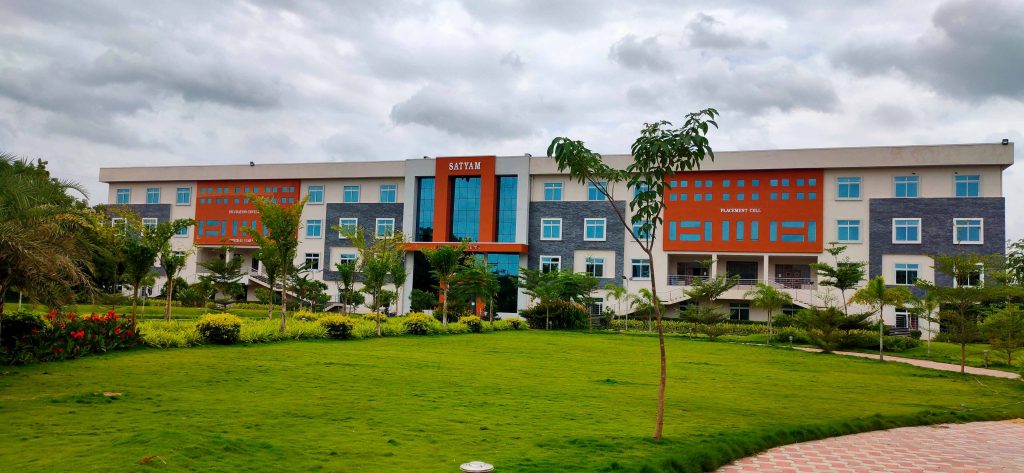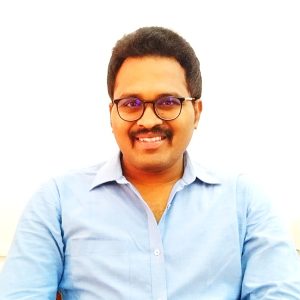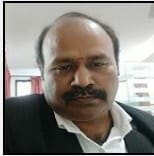About the College

ACE Engineering College was established by Yadala Satyanarayana Memorial Educational Society with the fundamental objective of nurturing a group of nascent talent of young minds aspiring to make career in engineering into a pool of valuable and employable engineers. In addition, they understand their responsibility to willfully render services to the society with dignity and accountability.
Prof. Y. V. Gopala Krishna Murthy, an Educationist, Engineer, Motivator, and founder of ACE Engineering Academy is at the helm of academic affairs in the college. The Academy, a premier coaching center for GATE, ESE(IES) and Public Service Commission selections conducted by various state governments for recruitment of engineering graduates, is the most sought after coaching center and has been consistently contributing toppers to all the premier technological institutions in India viz., IITs, IISc, NITs and other universities. The Academy, in the last two decades of its committed services in the training and coaching sectors for engineering graduates across the country, has produced toppers in Engineering Services, as also state service Commissions recruitments.
ACE Engineering College was established in 2007 on a sprawling 10-acre campus, thoughtfully designed to provide a conducive learning environment for its students. The college has further expanded its footprint, leasing an additional 2.7 acres of land to house separate hostels for male and female students, as well as staff quarters and a state-of-the-art auditorium. Recognizing the importance of holistic development, the college has also dedicated 4 acres of adjacent land exclusively for sports facilities, enabling its students to nurture their athletic passions alongside their academic pursuits. Strategically situated in the serene suburbs of Hyderabad, along the Hyderabad-Warangal National Highway. ACE provides an excellent ambience conducive for fruitful engagement of learners and faculty. Surrounding lush greenery filled plains and adjoining urban forest department land add to the tranquility that reminds one of ancient Indian gurukula. The college is well connected by road. It is just 20 Km from Uppal and about 28 Km from Secunderabad. The college offers B.Tech courses in CE, EEE, ME, ECE, CSE, CSE (AI & ML), CSE (DS), CSE (IoT), and IT Branches. CE, EEE, ME, ECE and CSE course are NBA accredited. The college is Conferred Autonomous status for ten years w.e.f AY 2020-21



